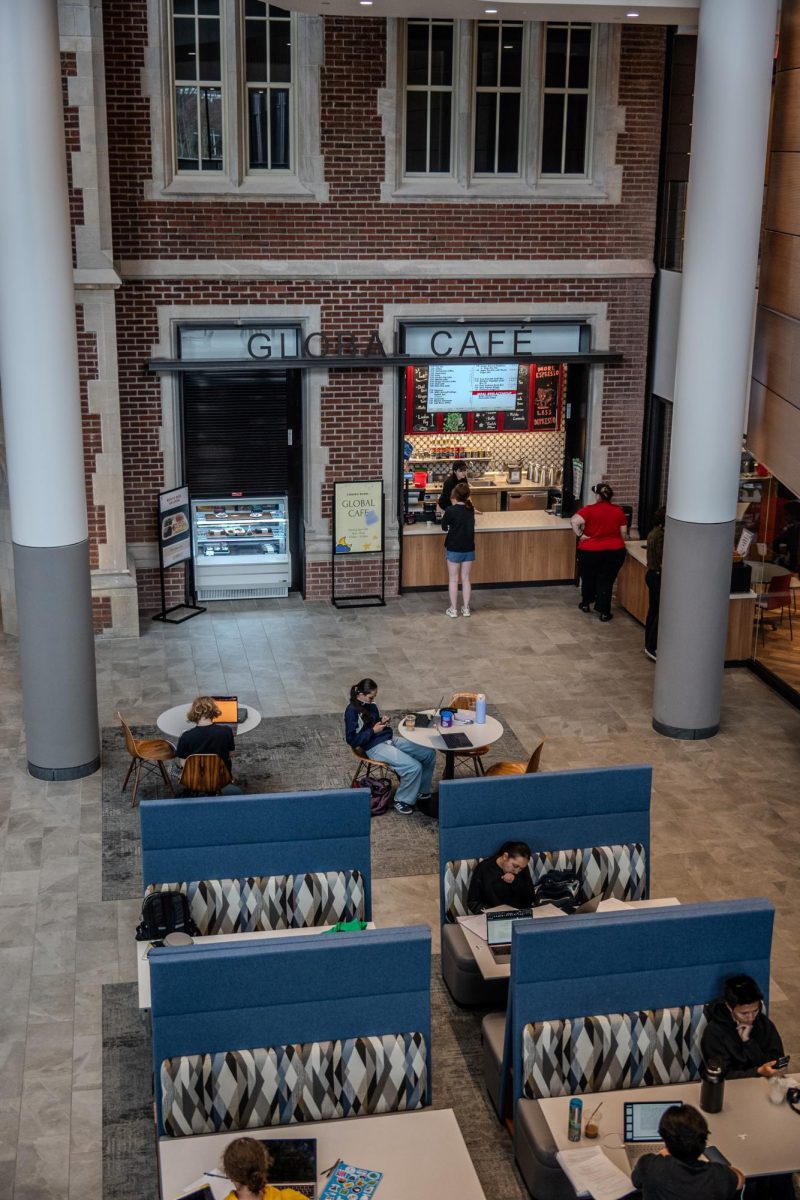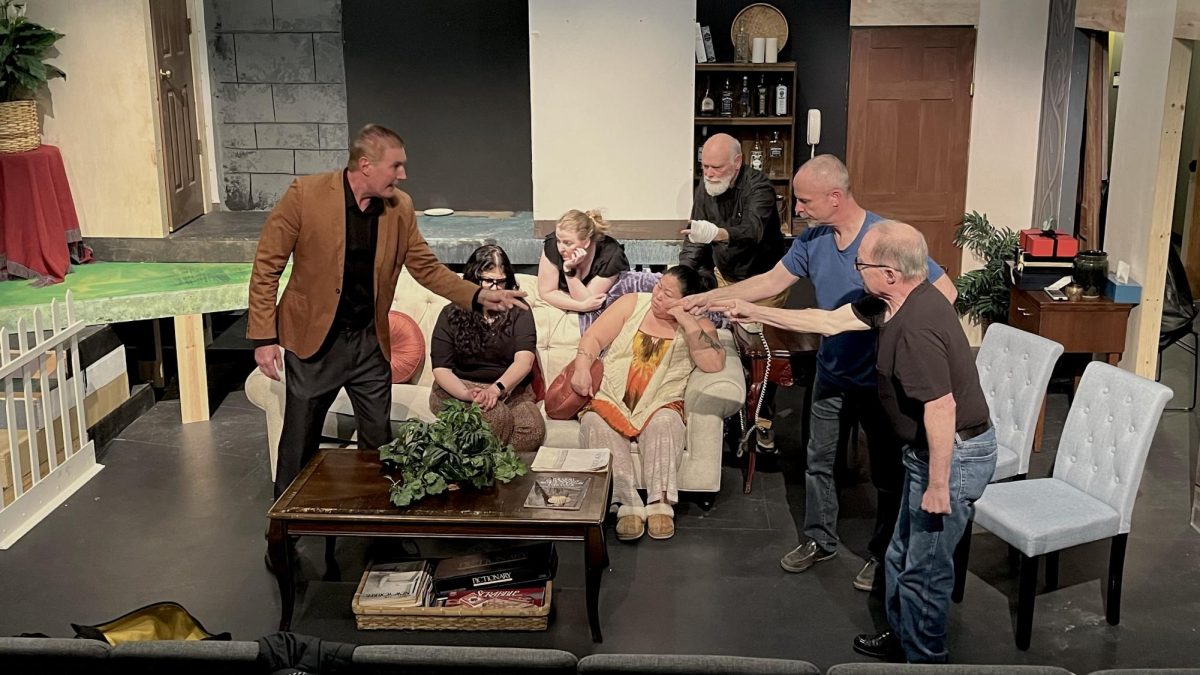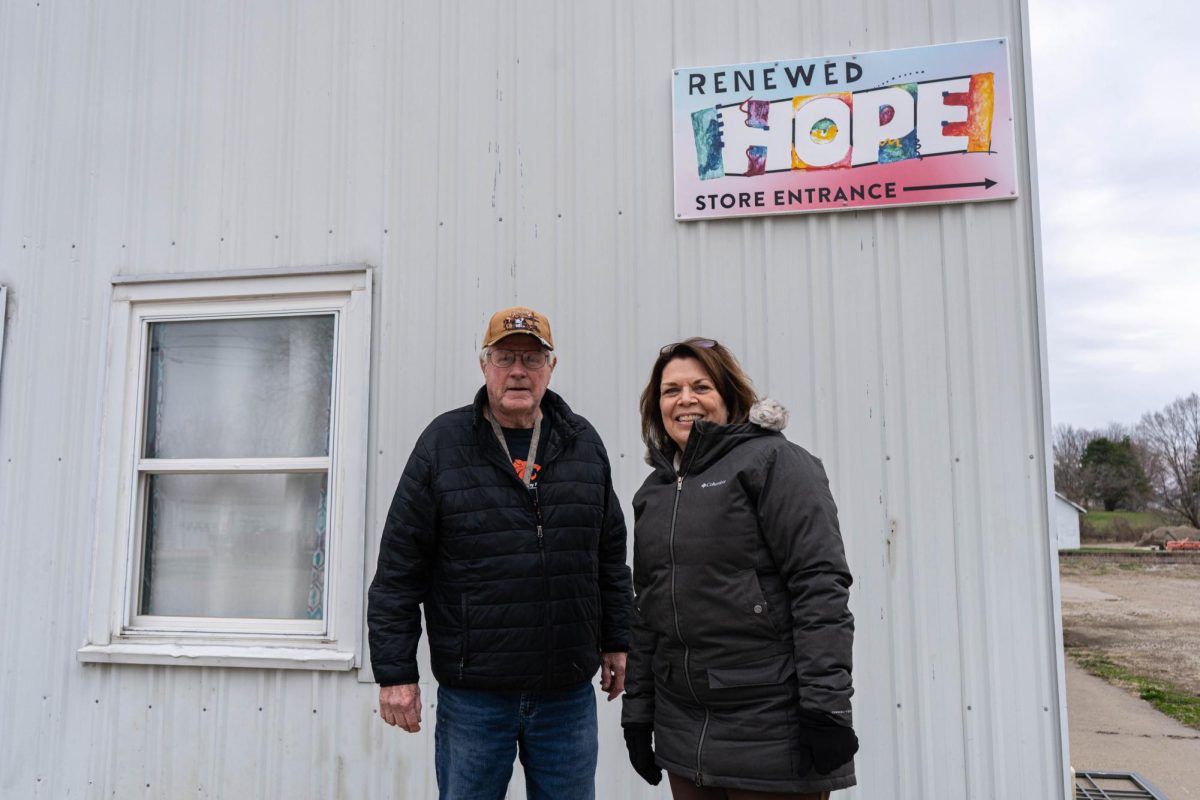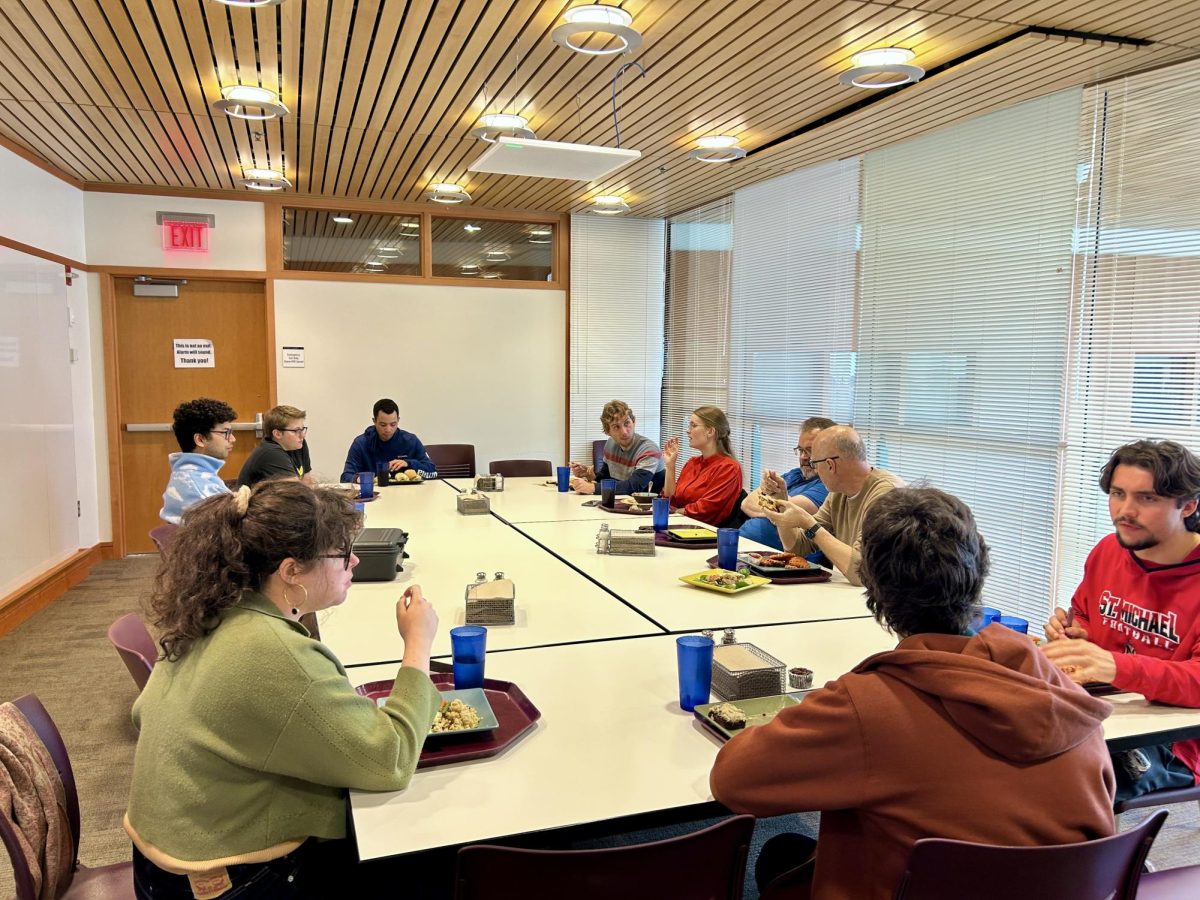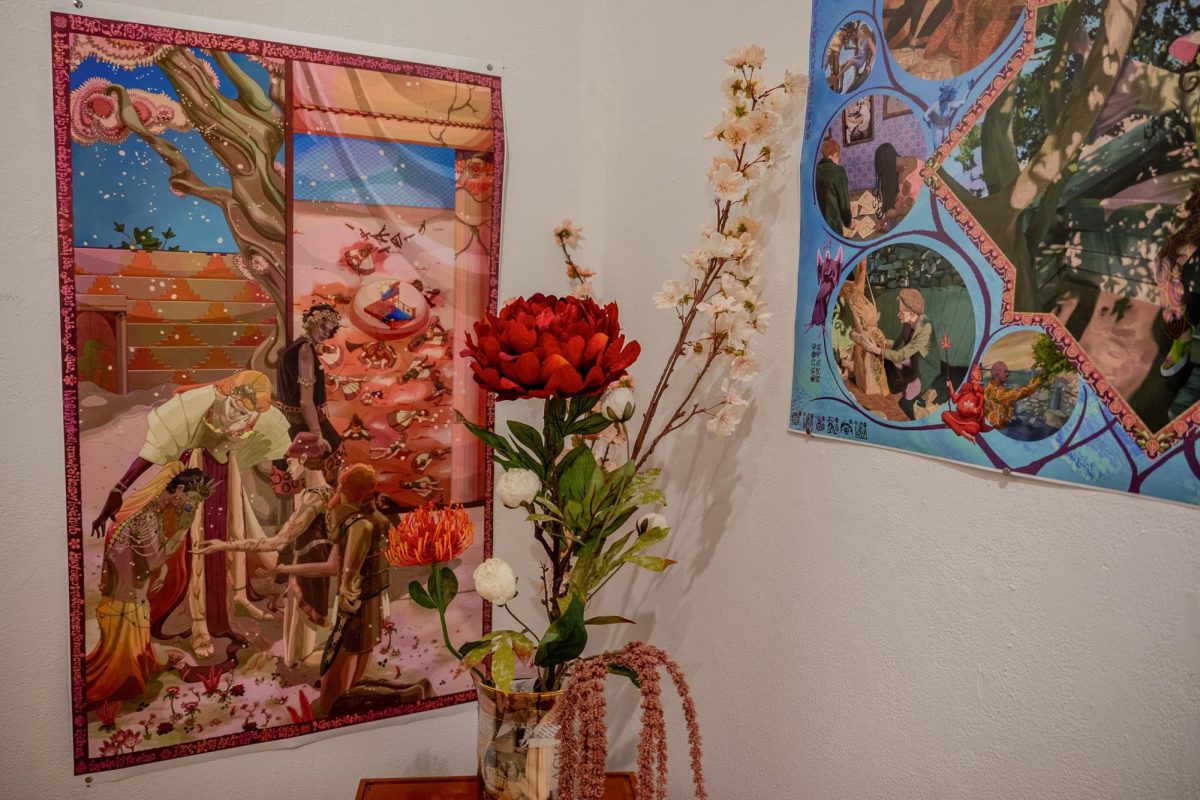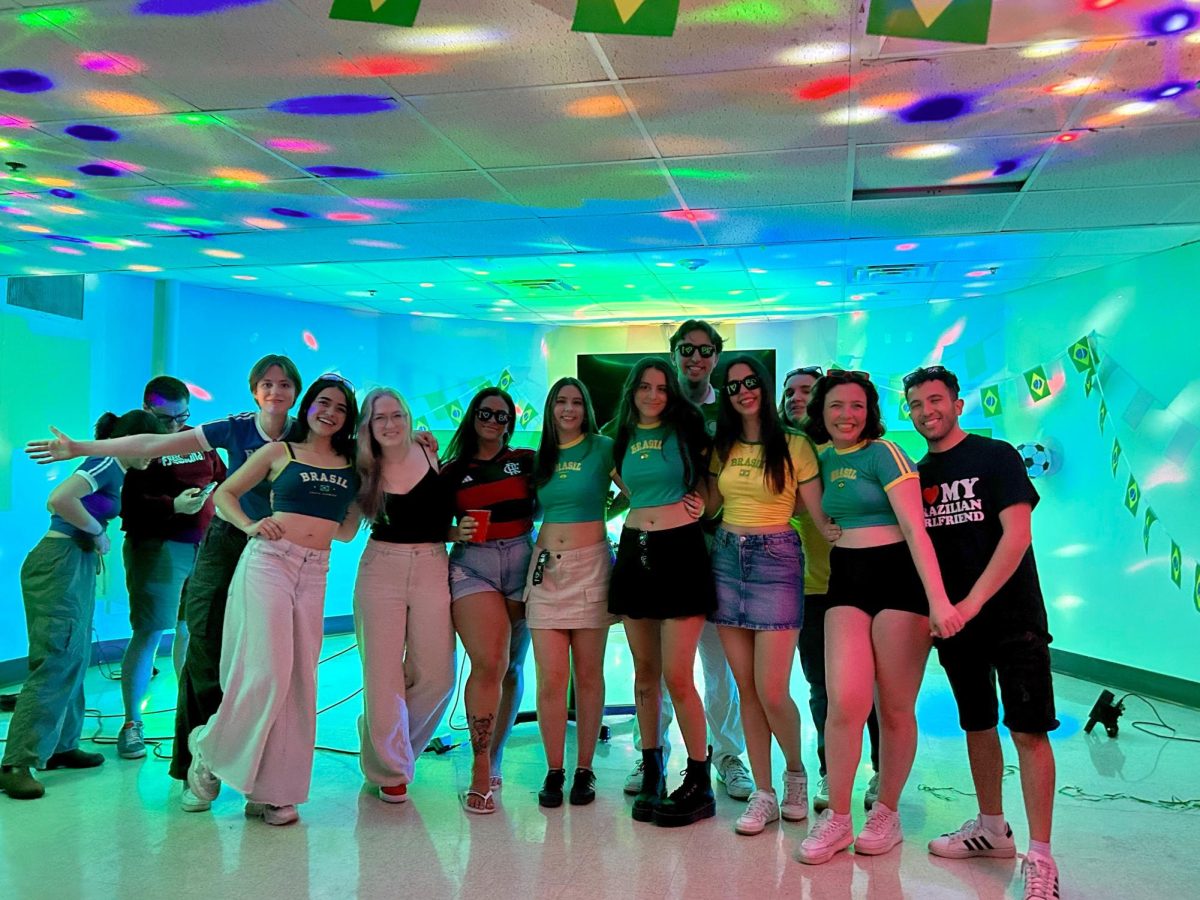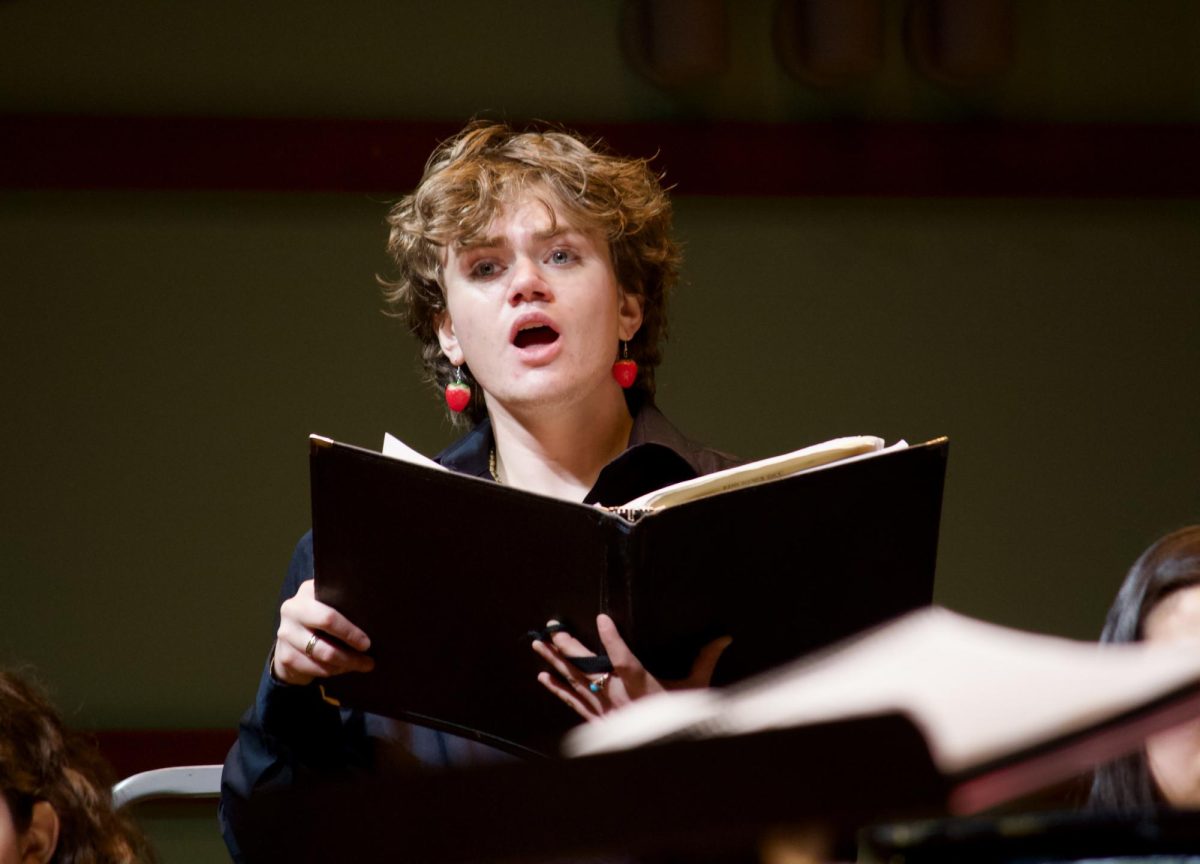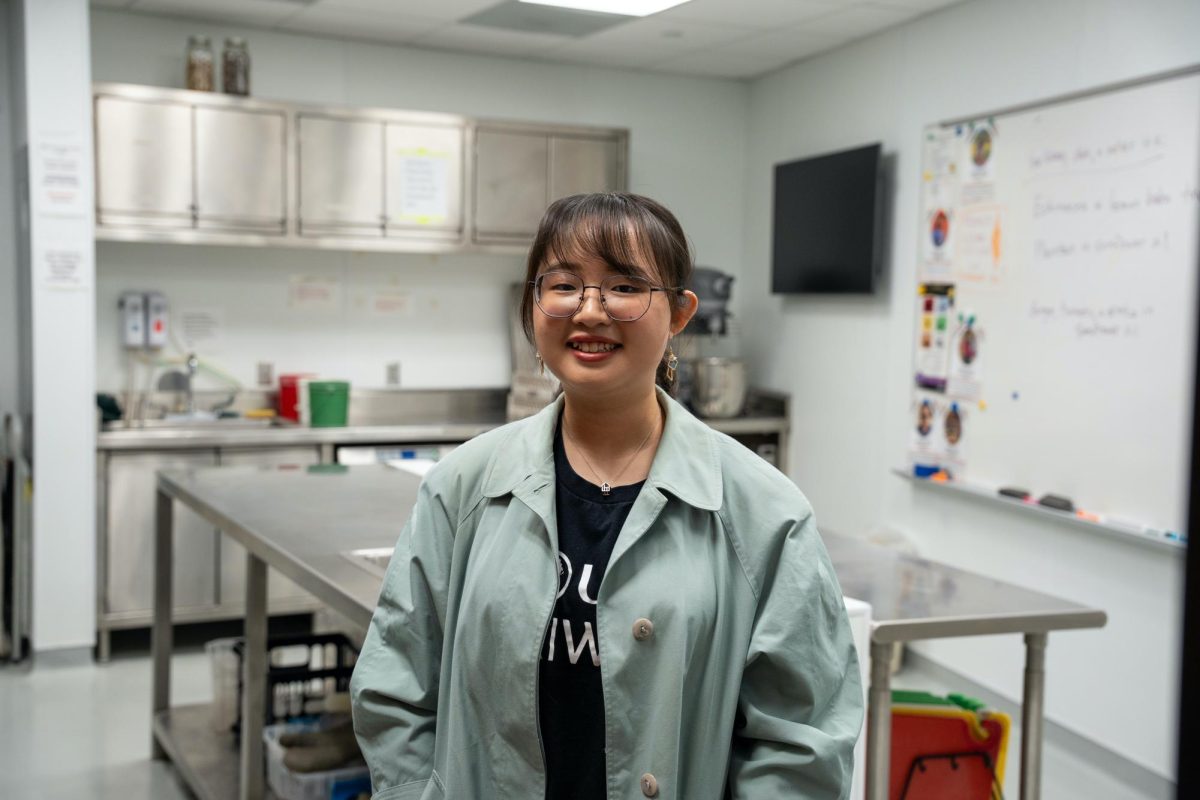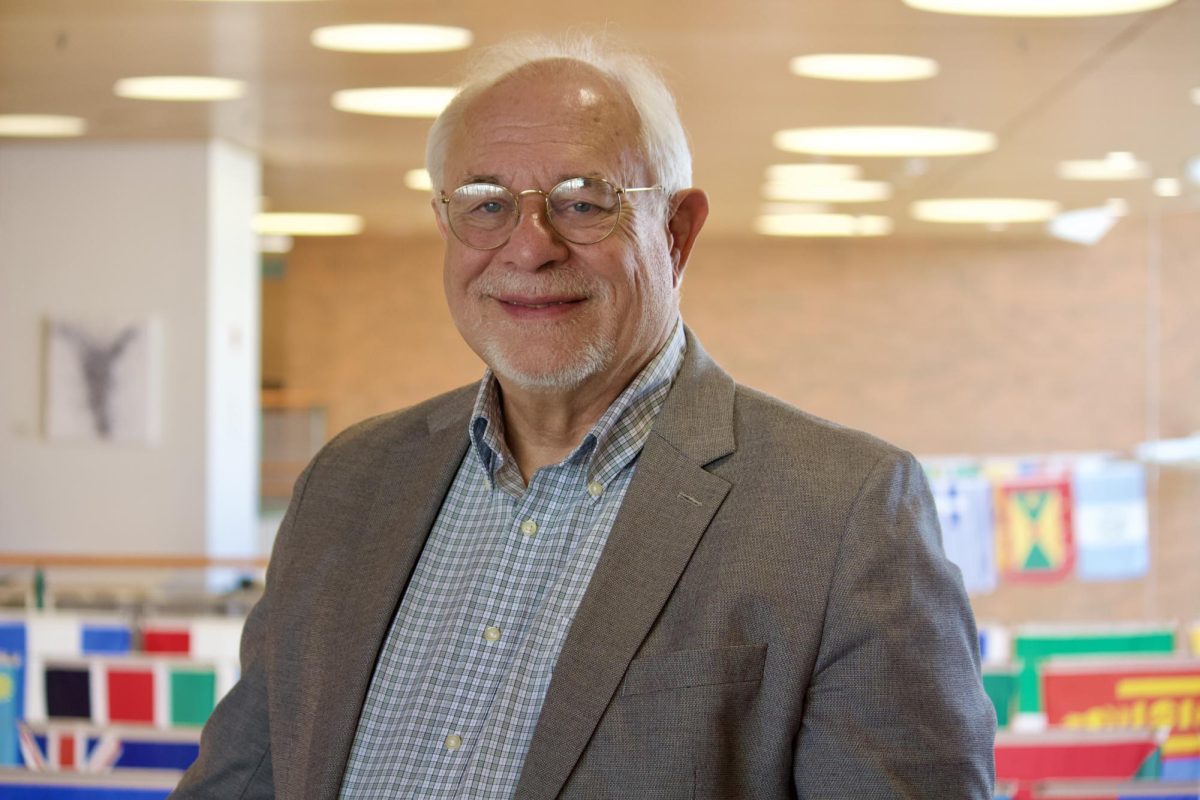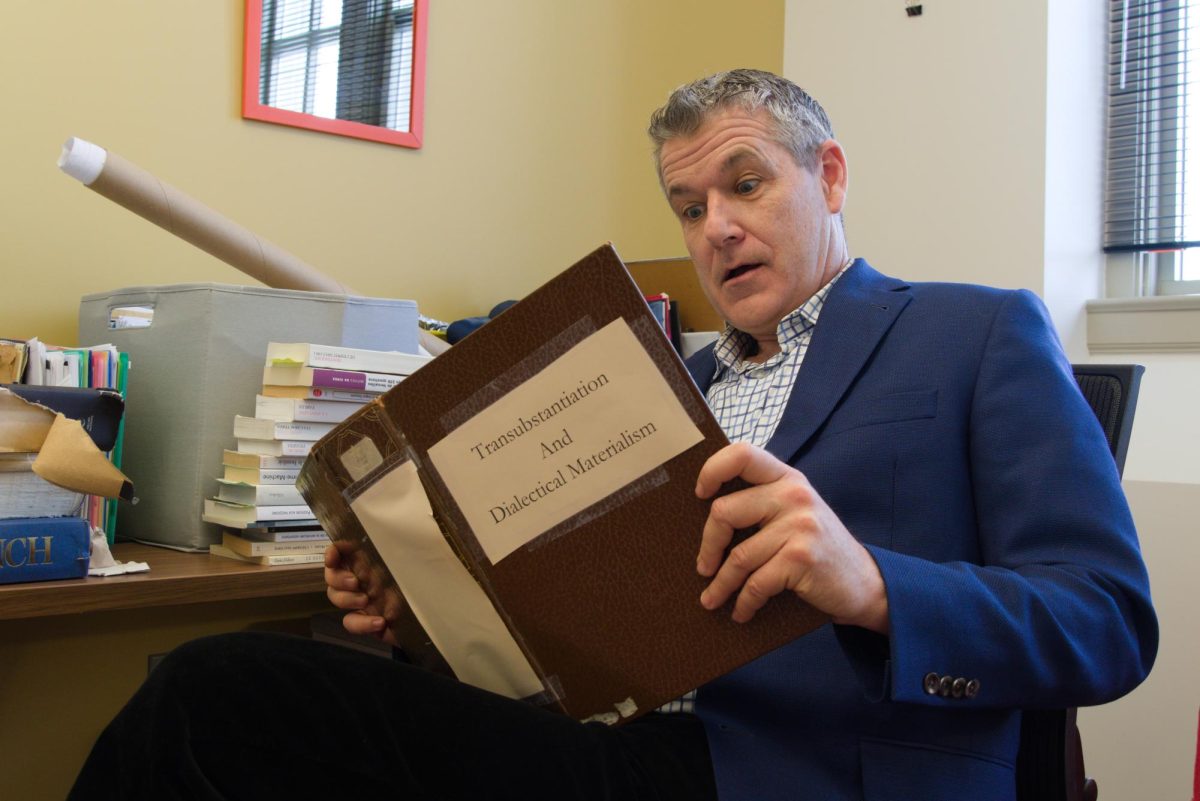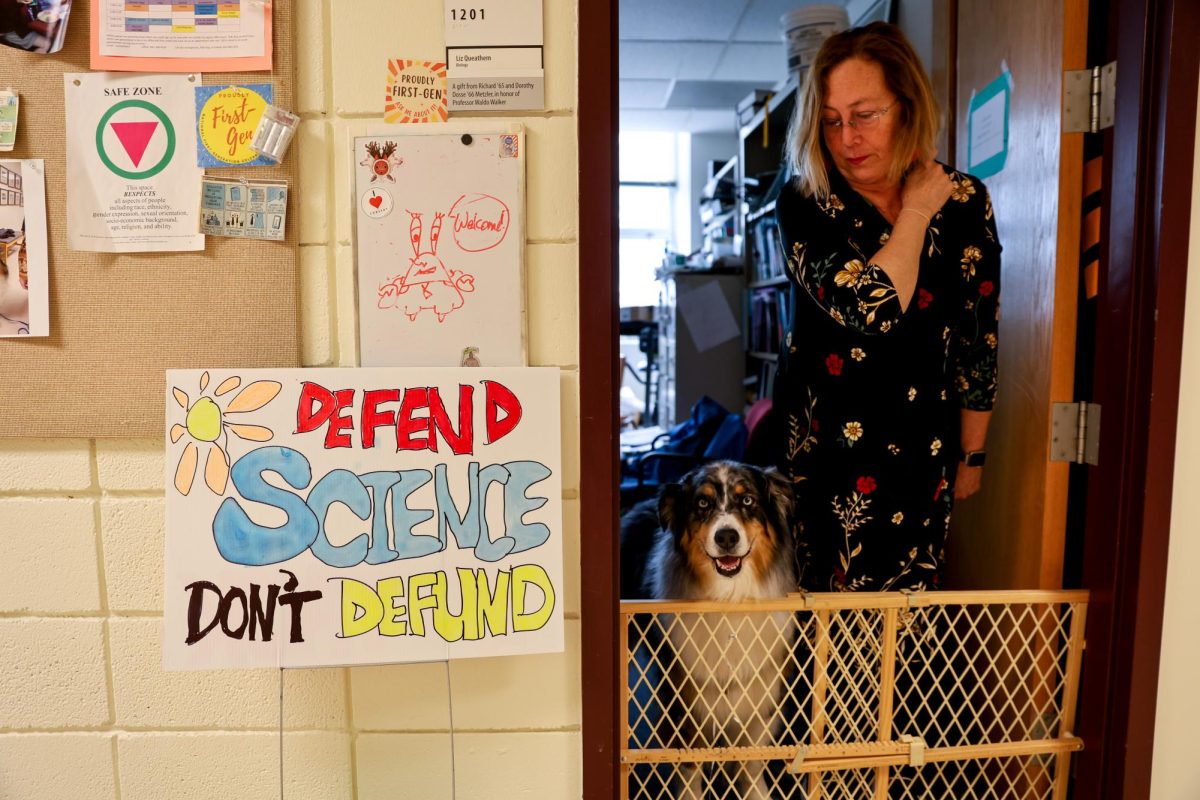The Posse Plus Retreat will take place this upcoming weekend. It’s a yearly event, but for Grinnell Posse Scholars, this specific retreat is unique: it marks the end of the presence of the Posse Foundation at Grinnell College.
The Posse Foundation is a college access and leadership development program that identifies talented students to attend institutions like Grinnell College. In the spring of 2016, Grinnell College made public its decision to terminate the College’s relationship with Posse, meaning that the class of 2020 will be the last Posse at Grinnell College.
The decision was met with controversy from not only Posse scholars, but faculty members and other students. Four years later, the College’s choice to sever its relationship with the program is still not completely understood or accepted, especially by current members of Posse.
“It seems like there are a lot of different factors [that lead to the end of Posse]. No one has really made it a point to be open and honest and direct and what the nature of the entire [Posse] relationship was and how it developed over time,” said Posse scholar Langston Thomas ’20.
In the 2016 all-campus memo sent out containing the news of the termination, College President Raynard Kington wrote, “This broader approach is consistent with our comprehensive approach to student retention. Through data analytics and better use of our advising resources on campus, we are moving toward approaches designed to improve retention and success for all Grinnell students.”
The S&B reported on March 1, 2019 that Joe Bagnoli, former vice president for enrollment and dean of admissions and financial aid, said that admissions has reinvested the Posse budget in new opportunities for student success. Grinnell College has used the Posse budget to collaborate with organizations such as Raise Me, Cloud Peak Project, Chicago Scholars, Schuler Scholars, the Questbridge Program, College Greenlight and the Jack Kent Cooke Foundation.
The affiliation to some of these organizations began after the termination of Posse. For the other groups that the College already had a connection with, Bagnoli had said that the school not only strengthened these relationships but increased their budget.
For Thomas, the only way to get students from underrepresented programs on campus is through Posse. He does not believe that any other program can do what Posse has done. “The only thing that I think would even be worth seeing is reestablishing the [Posse] relationship. I don’t really see a middle ground,” he said.
Lynn Nguyen ’20, a Posse scholar, also believes that Grinnell College will suffer from both the absence of the Posse program and the students who will not have had the opportunity to study at the College. “
Posse was a way for the college to recruit strong leaders from diverse backgrounds to enrich the campus environment, as well as to support those students, who might be disadvantaged in many ways, to successfully complete their education,” Nguyen wrote in an email to The S&B. “I think without a Possetype program and a commitment to continued support for students from such backgrounds, Grinnell College’s retention rates and accessibility to students of diverse demographic backgrounds will suffer.”
“There’s a different kind of leader that Posse can bring,” said Thomas.
The upcoming retreat plans to celebrate the presence of Posse and the opportunities it gave to the College.
This year, Posse alumni have also returned to campus to bring the program to a full circle and connect old scholars with the present. But Thomas does not see how the weekend is meant to be a celebration. “Outside of us graduating, I don’t see how it’s a celebratory moment,” he said.
Nai’ya Willis-Hogan ’20, a Posse scholar, doubts that Posse will be reinstated at Grinnell College.
“I hope that Grinnell finds a way to bring in students of diverse backgrounds, like Posse did, and also implement a way to actually support these students so they feel confident enough to lead and make change on campus,” she wrote in an email to The S&B.
For Thomas, Nguyen and Willis-Hogan, Posse was a fixture of their college experience. Without Posse, they probably would not be on campus.
“Being out here is hard, but I love that I am close with a couple people in my Posse and I am confident if I needed their support, they would provide it without question. With Posse covering tuition, that was one less thing I had worry about on top of being a student at a ‘good school.’ I’m generally cynical, but I acknowledge the impact that Posse had on my time here because I would not be here without it,” said Willis-Hogan.
Thomas echoes this sentiment. He is grateful for the opportunities he has been provided through Grinnell College, but he acknowledges that without Posse, these opportunities may not have been a reality.
“I am only here because of Posse. … Posse brought me here,” he said.
The Office for Intercultural Affairs was unavailable for comment on the future of the Posse program at Grinnell.


